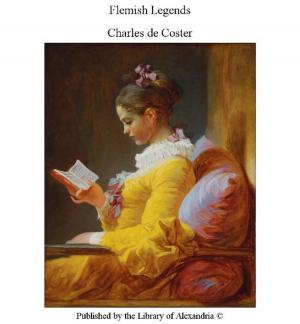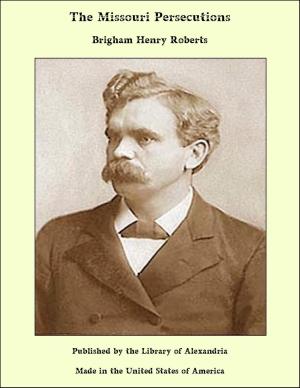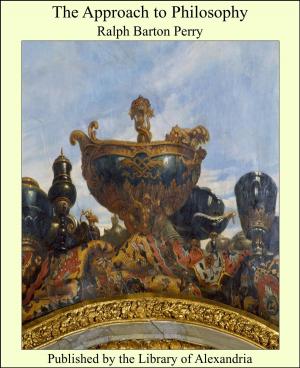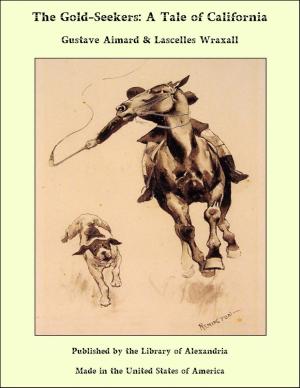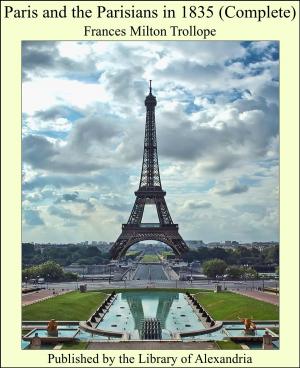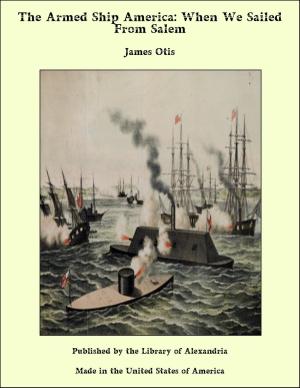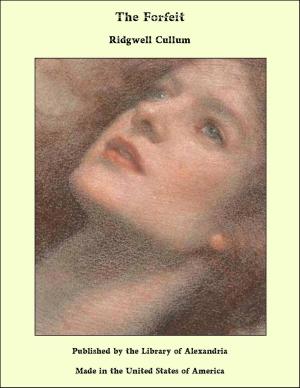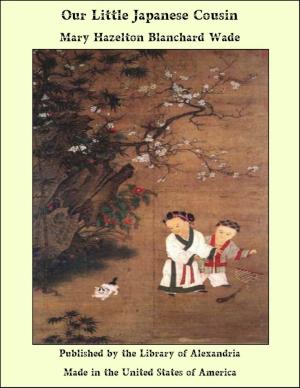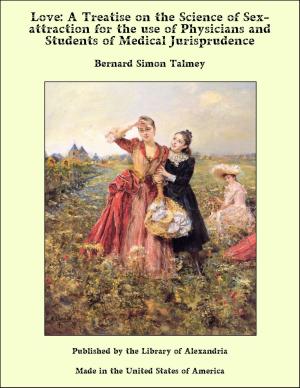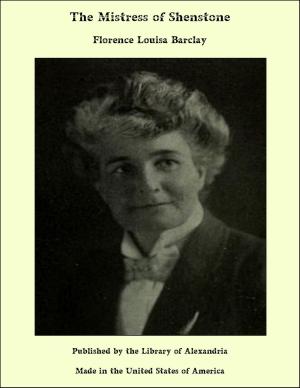The Philistines: Their History and Civilization
Nonfiction, Religion & Spirituality, New Age, History, Fiction & Literature| Author: | R. A. Stewart Macalister | ISBN: | 9781465517494 |
| Publisher: | Library of Alexandria | Publication: | March 8, 2015 |
| Imprint: | Language: | English |
| Author: | R. A. Stewart Macalister |
| ISBN: | 9781465517494 |
| Publisher: | Library of Alexandria |
| Publication: | March 8, 2015 |
| Imprint: | |
| Language: | English |
Among the Nations that came within the purview of the Old Testament Writers—nations seldom mentioned without stricture, whether for idolatry, immorality, or cruelty—perhaps none were the object of so concentrated an aversion as were the Philistines. The licentiousness of the Amorites, the hard-heartedness of the Egyptian taskmasters, the fiendish savagery of the Assyrian warriors, each of these in turn receives its due share of condemnation. But the scornful judgement passed by the Hebrews on the Philistines has made a much deeper impression on the Bible-reading West than have their fulminations against Other races and communities with which they had to do. In English, from at least the time of Dekker, the word 'Philistine' has been used in one or Other of the senses of the modern colloquialism 'outsider'; and, especially since the publication of the essays of Mr. Matthew Arnold, it has become almost a technical term for a person boorish or bucolic of mind, impervious to the higher influences of art or of civilization. In French and German—probably, indeed, in most of the languages of Europe—the word is used in familiar speech with a greater or less approximation to the same meaning.
Among the Nations that came within the purview of the Old Testament Writers—nations seldom mentioned without stricture, whether for idolatry, immorality, or cruelty—perhaps none were the object of so concentrated an aversion as were the Philistines. The licentiousness of the Amorites, the hard-heartedness of the Egyptian taskmasters, the fiendish savagery of the Assyrian warriors, each of these in turn receives its due share of condemnation. But the scornful judgement passed by the Hebrews on the Philistines has made a much deeper impression on the Bible-reading West than have their fulminations against Other races and communities with which they had to do. In English, from at least the time of Dekker, the word 'Philistine' has been used in one or Other of the senses of the modern colloquialism 'outsider'; and, especially since the publication of the essays of Mr. Matthew Arnold, it has become almost a technical term for a person boorish or bucolic of mind, impervious to the higher influences of art or of civilization. In French and German—probably, indeed, in most of the languages of Europe—the word is used in familiar speech with a greater or less approximation to the same meaning.

